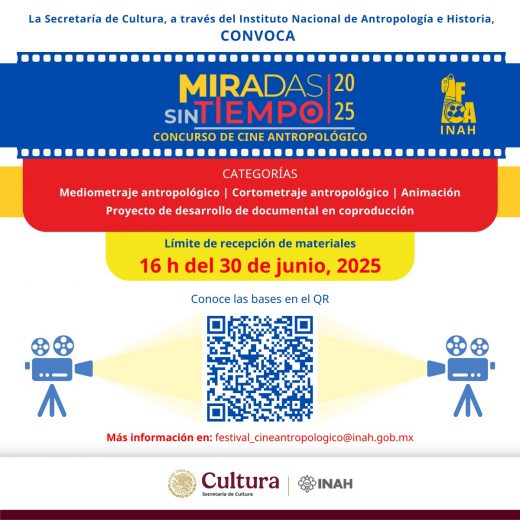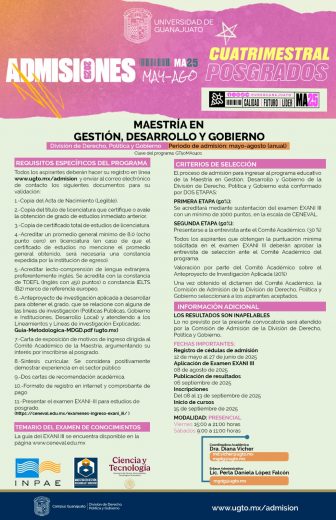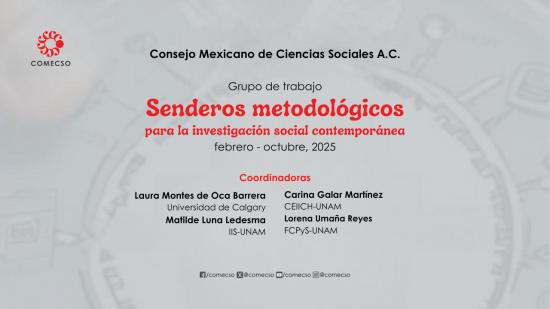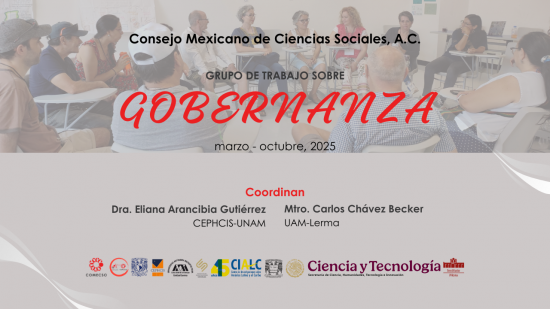Leisure, activism, and the animation of the urban environment
Leisure Studies
We Invite you to Submit to a Special Issue
Leisure, activism, and the animation of the urban environment
Guest Editors: Ian R. Lamond, Leeds Beckett University, UK Brett Lashua, Leeds Beckett University, UK Chelsea Reid, Leeds Beckett University, UK
There is a long history to leisure and protest (Gilchrist & Ravenscroft, 2013; Lamond, 2018; Lamond & Spracklen, 2015; Lashua & Baker, in press) in the UK as elsewhere. Urban public spaces—such as the National Mall in Washington D.C.; Tiananmen Square in Beijing; Tahrir Square in Cairo, or Trafalgar Square in London—have often served as rallying sites. In a broader example, on February 15th 2003 more than 15 million people took to the streets around the world to protest against the pending war on Iraq. Since then we have seen, amongst other mass mobilizations, the Arab uprisings across several states in the Middle East; the Occupy movement across the world; the umbrella protests in Hong Kong; Black Lives Matter; the 2018 Women’s March; the alt-National Park movement in the USA; and the March for Science demonstrations in 500 cities worldwide (Pavoni, 2017). Yet, alongside this, we are concerned with the emergence of populism on the Right, and ultra-nationalism, e.g., the UK referendum to leave the EU; the French presidential candidate Marine le Pen, the xenophobic framing of debates around migration and much more. Whether conservative or progressive, these moments and movements have relied on support and participation of people using leisure, and leisure spaces, to protest: people who want the world to be other than it is. Now appears a time to reflect on this, to ask what discourses are at play and how to make sense of where leisure connects to activism, protests, dissent and upheaval. We are interested in the animation of public spaces (Glover, 2017) during, through and as activism and protest.
Dissent, unrest and collectivity can be understood across many disciplines, each bringing varying perspectives on a central theme—active protest—but understandings of current cultural-political contexts through critical approaches to leisure studies and event studies have much to offer within these debates.
This special issue will be devoted to examining relationships between leisure, activism and the urban environment. We invite academics, activists, and protest organisers with an interest in critical conceptual and theoretical approaches to leisure, culture, media, tourism and events studies to submit papers relevant to understanding how activism animates urban space.
We aim to assemble a collection of papers exploring the relationships between:
- events of dissent, protest, civil disobedience, resistance;
- activism as leisure in urban environments;
- activism, creativity and the animation of urban space, g., through public performance, art, theatre, graffiti, sport, music, architecture, etc.;
- the urban imaginary of space and protest: social and political aspects of cities beyond territory; psycho-geographies, imagined communities;
- uses of media (e.g., photography, documentary filmmaking, music, or social media) in articulations of otherness, belonging, and
We welcome full papers and research notes related to current social movements that are authored, or co- authored, by activists or organisers. If you are an activist/organiser interested in contributing to the special issue, and less familiar with writing for academic publication, we recommended that you contact one of the guest editors first. We can then discuss how best to support you with converting your idea into a potential submission.
We also invite papers exploring diverse methodologies and critical approaches to researching activism, protest and dissent, including arts-based approaches, as well as attending to researcher-participant relationships in understanding activism, leisure, and the animation of the urban environment.
To submit, please visit: http://bit.ly/SubmitRLST
Submission Details
The deadline for manuscripts to be submitted is 31st January 2019. A typical manuscript for Leisure Studies should be 7,000-8,000 words; this limit includes, tables, references, figure captions, footnotes, and endnotes.
A typical Research Note for this journal should be 4,000-5,000 words.
Visit www.tandfonline.com/RLST and click the Instructions for Authors tab for more details.
Submission deadline: 31st January 2019
Te puede interesar

Publicaciones del COMECSO
Roberto Holguín Carrillo - Ene 08, 2025Este espacio reúne la gran mayoría de la producción editorial de nuestra asociación. A lo largo de casi cinco décadas,…

Concurso de cine antropológico Miradas sin tiempo 2025
Laura Gutiérrez - Abr 08, 2025La Secretaría de Cultura del Gobierno de México y el Instituto Nacional de Antropología (INAH), a través de su Coordinación…

Horizontes de investigación sobre la Inteligencia Artificial desde las Ciencias Sociales
comecso - Abr 08, 2025El Consejo Mexicano de Ciencias Sociales, A.C. Convoca a las personas que deseen participar en el Grupo de Trabajo Horizontes…

Maestría en Gestión, Desarrollo y Gobierno
Laura Gutiérrez - Abr 07, 2025Universidad de Guanajuato, Campus Guanajuato, División de Derecho, Política y Gobierno Maestría Gestión, Desarrollo y Gobierno Requisitos específicos Todos los…










